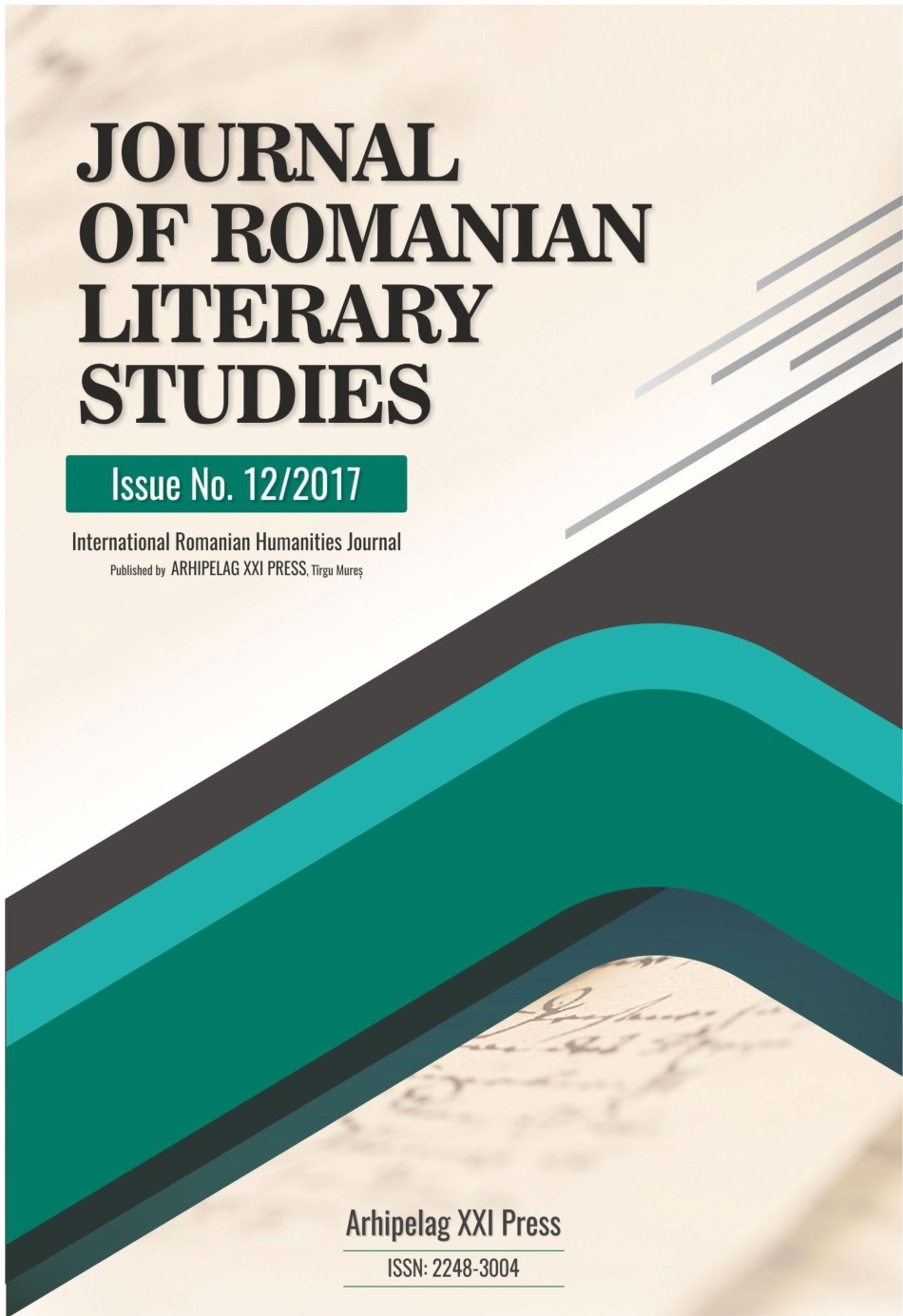THE COMMEMORATION AND THE ANNIVERSARY IN ROMANIAN CULTURE: TITU MAIORESCU (1840-1917) AND CONVORBIRI LITERARE/ LITERARY CONVERSATIONS (1 MARTIE 1867)
THE COMMEMORATION AND THE ANNIVERSARY IN ROMANIAN CULTURE: TITU MAIORESCU (1840-1917) AND CONVORBIRI LITERARE/ LITERARY CONVERSATIONS (1 MARTIE 1867)
Author(s): Luiza MarinescuSubject(s): Philosophy, Romanian Literature, 19th Century, Pre-WW I & WW I (1900 -1919), Theory of Literature
Published by: Editura Arhipelag XXI
Keywords: Romanian thinkers; Titu Maiorescu; aphorisms; Arthur Schopenhauer; Junimea; Convorbiri literare;
Summary/Abstract: Throughout his entire life and work, Titu Maiorescu (1840-1917) could be considered a great thinker, a tutor and a fighter for assertion of values in Romanian culture in one of the most emergent epochs in the history of Romanian literature: 1863-1917. 150 years ago, on March the 1st, 1867, the first issue of the journal Literary Conversations was published at Junimea Society Printing House in Iasi, the editor of this publication being Iacob Negruzzi (one of the three Costache Negruzzi's sons), the writer, the playwright , the literary critic, the jurist, the professor of commercial law, the founding member of Junimea and the president of the Romanian Academy (25 May 1910 - 25 May 1913, 6 June 1923 - 12 June 1926) and secretary general of the prestigious academic forum (May 28, 1915 - June 6, 1925). Member of the 1866 Danube Star Masonic Lodge, Iacob Negruzzi led the Literary Conversations magazine for 28 years until 1895, selecting for publishing with a certain intuition and refinement, characteristic of his education, the great writers, who became classics of Romanian literature. The study will follow Titu Maiorescu's activity as the member of Junimea society and his contribution to the elevation of the artistic level of the literary life based on an ample culture, a determined artistic taste and on an impressive intuitions. Exactly 52 years old younger than the Romanian literary critic, Titu Maiorescu (1840Ŕ1917), who was born on February 15, 1840, Arthur Schopenhauer came into the world on February 22, 1788 in Danzig [Gdansk, Poland] in a Dutch family implied in international business trade both as a merchant and as a ship-owner. As a translator in Romanian of Arthur Schopenhauer's work (1788-1866), Titu Maiorescu opened new knowledge tracks to the work of one of the most important thinkers of the time, whose philosophy, with an aesthetic perception of life, more musical and literary in the modes of expression and in the styles of understanding had been widely influential in the 20th century thinkers. Both scholars, Arthur Schopenhauer and Titu Maiorescu stated that the highest purpose of art is to communicate Platonic Ideas. The subject matter and stylistic arrangement of the Aphorisms were significant influences on the work of Titu Maiorescu whose later work explores ‒ following Schopenhauer ‒ the relation of man to himself, the universe, the state, and women through the art of aphorism.
Journal: Journal of Romanian Literary Studies
- Issue Year: 2017
- Issue No: 12
- Page Range: 729-746
- Page Count: 18
- Language: Romanian

